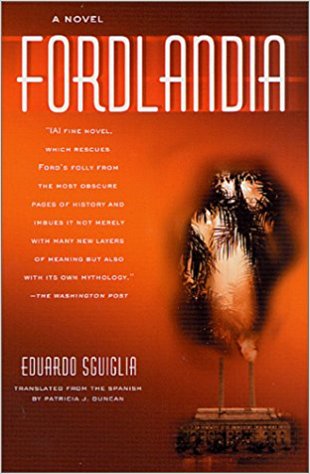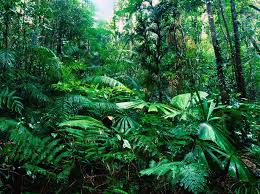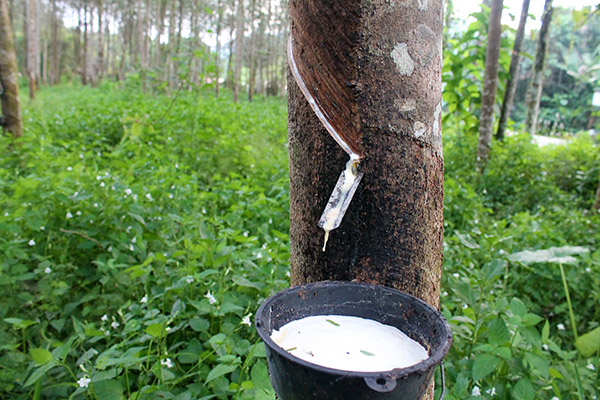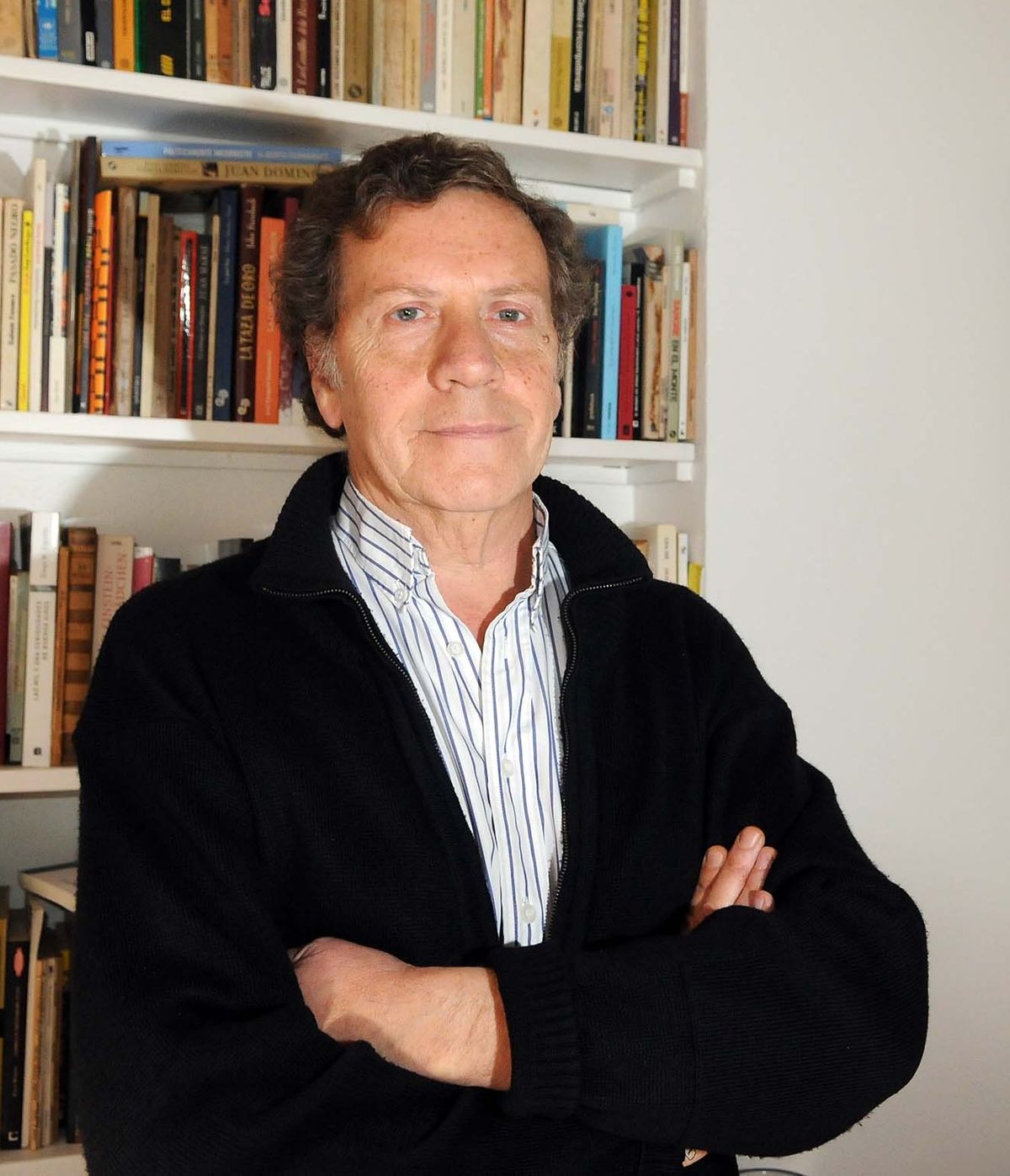Henry Ford decided to produce the rubber for Ford vehicles. East Indian rubber from Ceylon and Malaya was too expensive and controlled by Britain. Much of that rubber had come from trees seeded from Brazil a hundred years before. Ergo Ford turned to Brazil, while he also invested heavily in Thomas Alva Edison’s research to synthesise rubber in the United States.

This novel is set in the deep Amazon jungle where the Ford company created a vast rubber plantation. It is told from the perspective of a new employee whose job it is to recruit labor for the colossal work of producing a quarter of the world’s supply of rubber. He is an Argentine, neither European, American, nor Brazilian, and so at a distance.
His journey upriver through the morning mists, the afternoon miasmas, and the ominous nights reminded this reader of Captain Willard’s trip to find his Mr Kurtz. (You either get it or you don’t, Mortimer.)
The enormity and eternity of the Amazon are described along with the many locals whom our protagonist meets as he seeks employees. Against the relentless pressure of the jungle, the efforts of the Ford officials decay from idealism to pragmatism to despotism. Their mission to bring civilisation to the jungle reduces them to lesser men.

There is woman from the Ford Company’s sociology department researching the project and she provides our hero with a love interest in a small aside.
The tension in the novel is encapsulated early by one of the local Ford executives who said, ‘we work twelve hours a day to civilise the land and the jungle works twenty-four hours a day against us.’ It wins in the end.
The rubber trees flourish in the jungle in part because they are at distance from one another, whereas in the plantation they are closer together. When a fungus assails one tree in the planation it passes to the others in a flash. In a day a thousand treees have it. Over night ten thousand. Worse the diseased trees attract pests from the jungles that speeds the rot and carry diseases that effect humans. The only treatment if to burn the infected trees.

The fungus does not exist in the East Indies, so says the botanical expert brought in to consult far too late in the piece. That is why Brazilian trees taken there a century before have prospered.
To admit defeat would be to admit that Ford might, ingenuity, machines, money, and enlightenment science cannot tame nature. It also spells the end of several careers.
Before the crisis there is some travelogue up and down the river where many different types are encountered.
Interspersed with the Amazon chapters are some from Detroit featuring Henry Ford. I found those interesting enough to consider finding a biography of him. In these pages he is reasonable, patient, and more willing to face reality than his subordinates. He is also obstinate and treats his only son Edsel like a puppet, and a hypocrite, yet he shows avuncular patience with a worker on the assembly line at Rogue River. His anti-semitism is iterated but mechanically.
Despite the glowing reports from the executives in Brazil, Ford reads between the lines of the reports and visits the place himself. It takes him a few hours to realise that the jungle has won and the best thing is to declare victory and leave. To hide the defeat he buys off the parties involved, rather than punishing them and admitting the failure.
The period seems to be between the middle of 1929 and say 1932 or 1933 to judge by the passing references to world events.
The novel is easy to read with a well judged combination of description, dialogue, and some action. The cross cutting between the corporate jungle of Detroit and the wilds of the Amazon are in proportion, though it is a technique that I do not like.
While it is clear the author found the whole idea of the plantation repellant, the book lets the events and characters act it out, leaving the reader to draw conclusions. There are no sermons nor are there any one-dimensional characters. The author is an historian and this is his first novel. Whether there is second I do not know.
 Eduardo Sguilia
Eduardo Sguilia
There were a couple times when I thought the translation clanged; don’t know why, but it did not sound quite right.
I also have a book about Fordlandia by a historian to read. Since it was published later I read the novel first.
Skip to content
